
Living and Buying Property in Spain, Your Questions Answered!
Thinking about making the move to sunny Spain? Whether you're dreaming of whitewashed coastal towns, bustling city life, or tranquil countryside living, Spain offers something for everyone. But before you pack your bags or start browsing property listings, there are probably a few questions on your mind—maybe even a lot of them!
Let's take a look at some frequently asked questions ...
1. Where are the cheapest places to buy property in Spain near the beach?
Bargain beach properties are often found in regions like Costa Cálida, Almería, or parts of the Costa Blanca. Inland towns near coastal areas also offer lower prices.
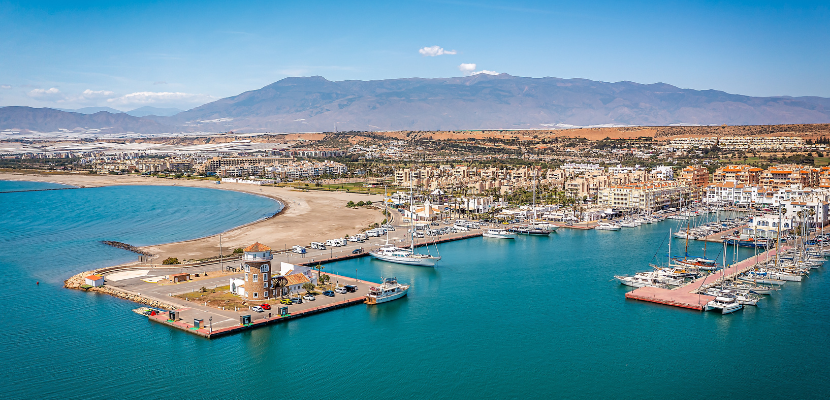
2. Is it better to buy a new build or re sale property in Spain?
New builds offer modern features and energy efficiency, while resale properties may offer more character and better location options, often at lower prices. The right choice depends on your needs and budget. But if you are planning for the future bear in mind Spain is planning new laws on energy efficiency ratings towards 2030.
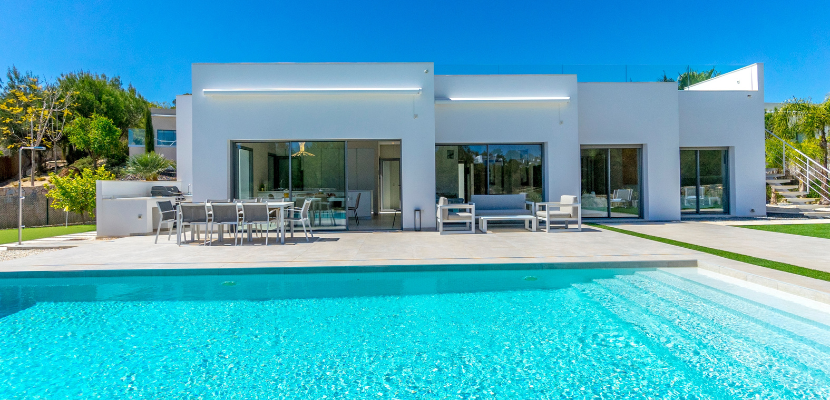
3. Can I get a mortgage in Spain as a non-resident?
Yes, many Spanish banks offer mortgages to non-residents, typically financing up to 60–70% of the property value. Proof of income and creditworthiness will be required.
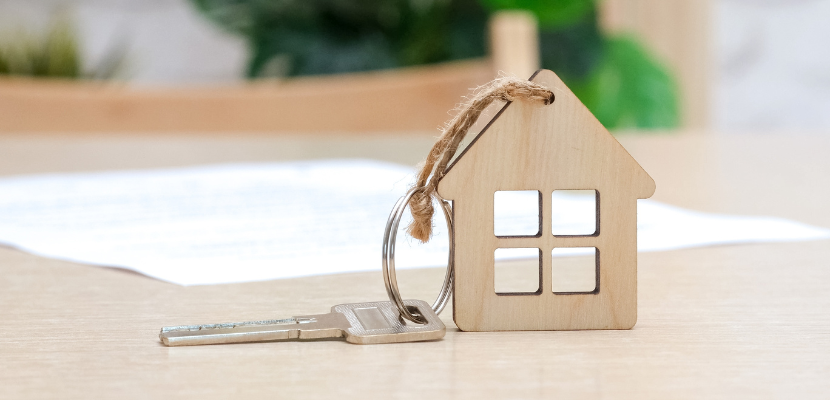
4. What are the best regions in Spain to buy property for investment?
Popular investment regions include Costa del Sol, Alicante, Murcia and Valencia. If thinking of rental yields bear in mind cities like Barcelona, Valencia and Palma are stopping or restricting holiday rental licences. Inland areas like Granada also offer strong growth potential at lower entry prices but will not get the same level of demand (or rates) as coastal places.
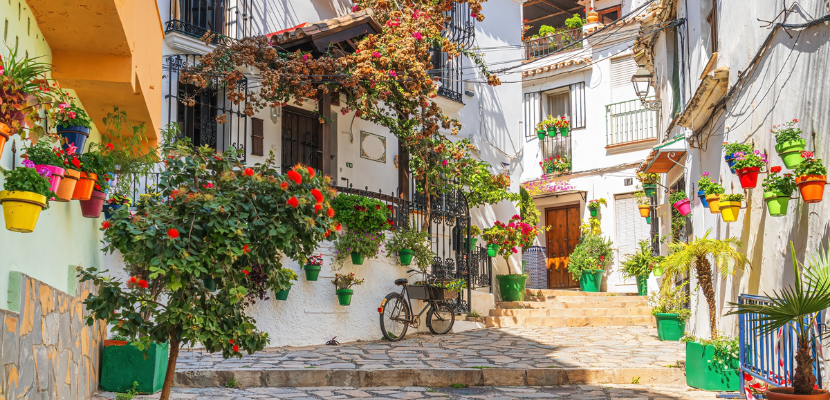
5. How do I find property for sale in Spain?
To find property for sale in Spain, you can use a placeinthesun.com to find properties and local estate agents, or visit property exhibitions like A Place in the Sun Live. Focus your search by region - such as Costa del Sol, Alicante, or the Balearic Islands - depending on your lifestyle, climate, access and budget preferences.
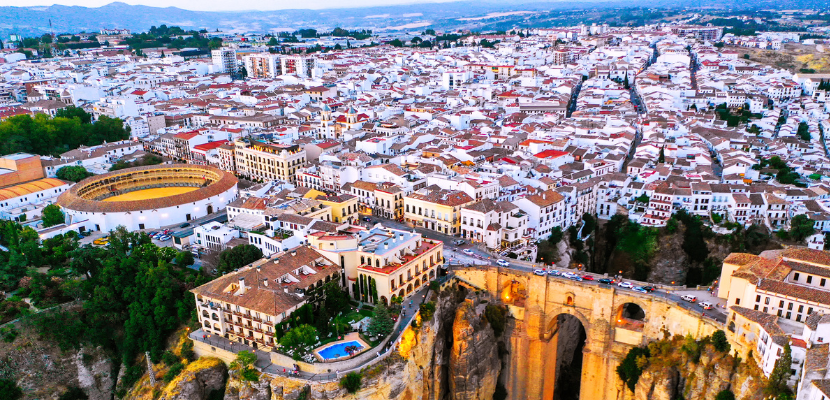
6. Can foreigners by property in Spain?
Yes, foreigners can legally buy property in Spain without restrictions. Both EU and non-EU citizens can purchase homes - with the exception of those without reciprocity agreements like Australia and Canada - and many opt to do so for relocation, investment, or retirement purposes.
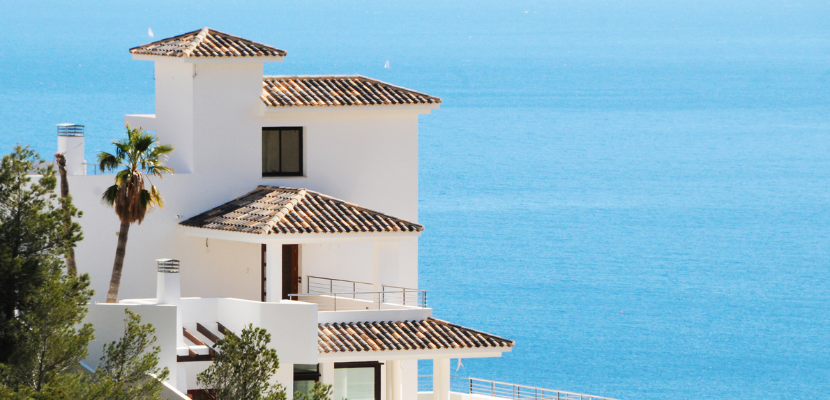
7. What are the costs involved in buying a house in Spain?
In addition to the purchase price, buyers should budget for taxes. It's typically 11 to 14% for the purchase or closing costs, depending on the region of Spain, and the type of property. If you have a Spanish mortgage you need to add an additional cost of 2 to 4%. There will also be costs for obtaining an NIE number and connecting utilities.
But the ballpark above includes Transfer tax (ITP), equivalent to stamp duty, calculated on the property purchase price and between 6.5 and 10%, depending on the region. It also includes the Notario’s fee of around 0.5% of the purchase price, and tends to range from €300 and €1200. Land Registry fees in Spain tend to be between €400 and €600 – or 0.4% of the purchase price.
Legal fees are usually a percentage of the purchase price – generally 1% plus VAT– but with a minimum fee. Typically this might be €1,000 to €2,000. VAT on new-build properties in Spain is 10% and stamp duty on new-build is 1.5% of the purchase price.
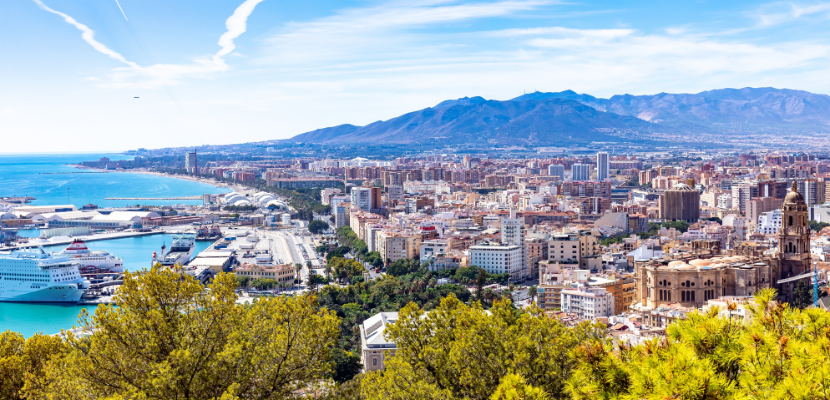
8. Is buying a property in Spain a good investment?
Property in Spain remains a popular investment due to the country's robust tourism, rental demand, and favorable climate. Coastal properties and city apartments often offer strong rental yields and long-term appreciation potential. But beware that many areas in Spain are restricting short-term rentals. Check local rules.
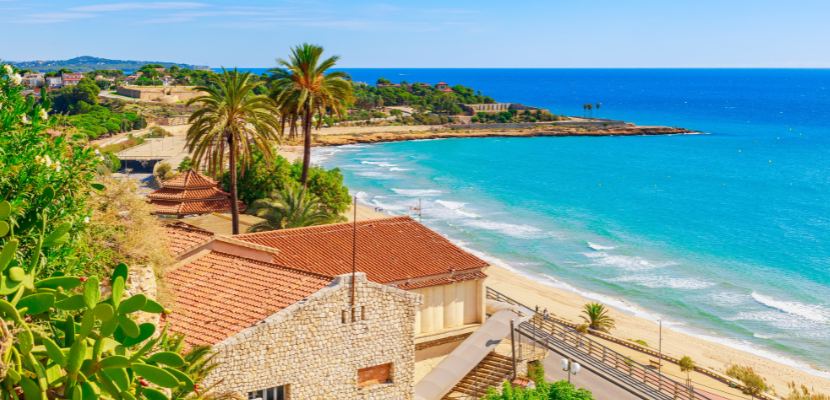
9. Where are the cheapest places to buy property in Spain?
The most affordable areas often include regions like Murcia, Almeria, and inland parts of Valencia and Andalusia. These offer lower property prices while still providing authentic Spanish living and good amenities.
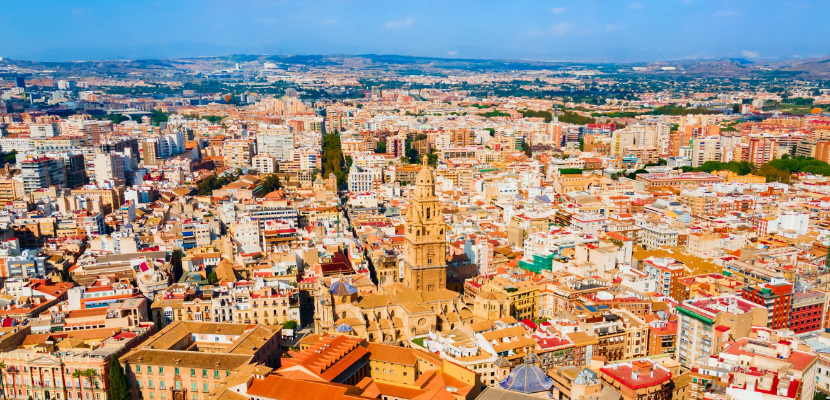
10. What is the process of buying property in Spain?
The typical process includes: finding a property, making an offer, hiring a local solicitor, paying a reservation deposit, signing the private purchase contract, completing the sale at the notary’s office. Due diligence and legal checks are essential.
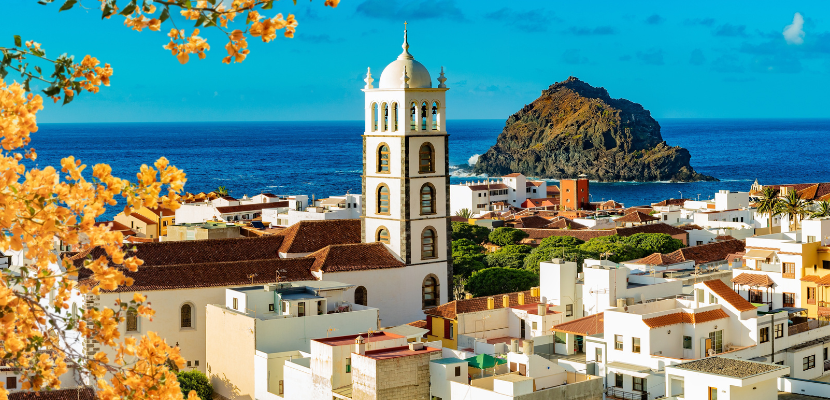
11. Are there taxes on owning property in Spain as a non-resident?
As the owner of a property in Spain but as a non-resident of Spain, you will be liable to pay non-resident’s income tax. Even if you do not rent it out you will be required to submit an annual return. You can expect to pay an annual tax that is calculated on the basis of the rateable value (valor catastral) of the property.
The tax payable will usually be very low, based on a taxable amount of 1.1% of the rateable value, taxed at the rate of 19%. If you do rent out the property then you will be required to submit quarterly returns declaring the income received and the expenses you have incurred in each quarter.
You can expect to pay quarterly tax upon the net income earned at a rate of 19%, taking into consideration deductible expenses.
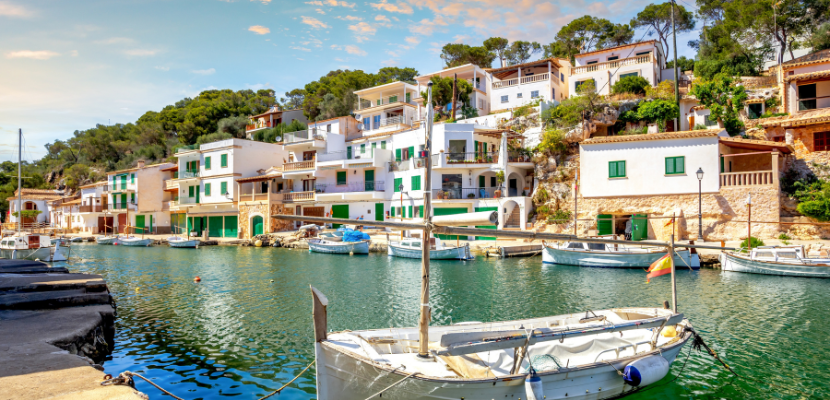
12. Can I live in Spain permanently if I buy property there?
Buying property doesn’t automatically grant residency, but owning real estate can support visa applications. You will need to apply for a visa to spend more than 90 days in 180 there if you do not have an EU passport – such as a Non Lucrative Visa or Digital Nomad Visa.
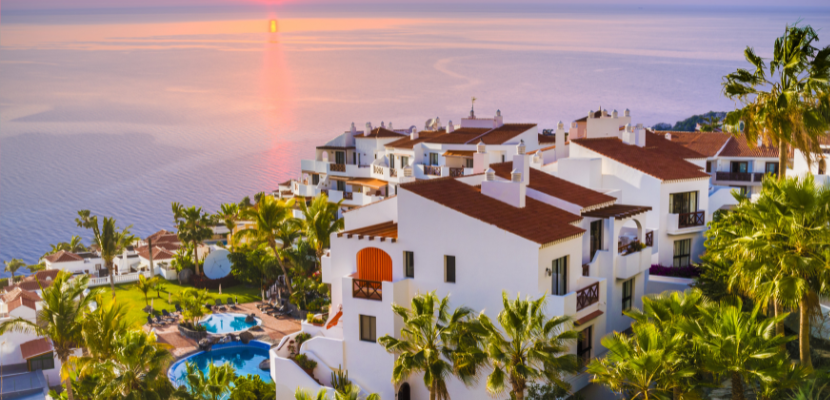
Read more:
- Almeria or Murcia: which Spanish region wins for cheap property?
- Costa del Sol or Costa Blanca: which big-hitter Spanish coast wins for you?
- New rules to be aware of if buying a holiday rental in Spain
Got more questions about buying property in Spain? Our FREE Interactive Buying Guide to Spain has all the answers you need, all one in place. Click here to view the guide today!